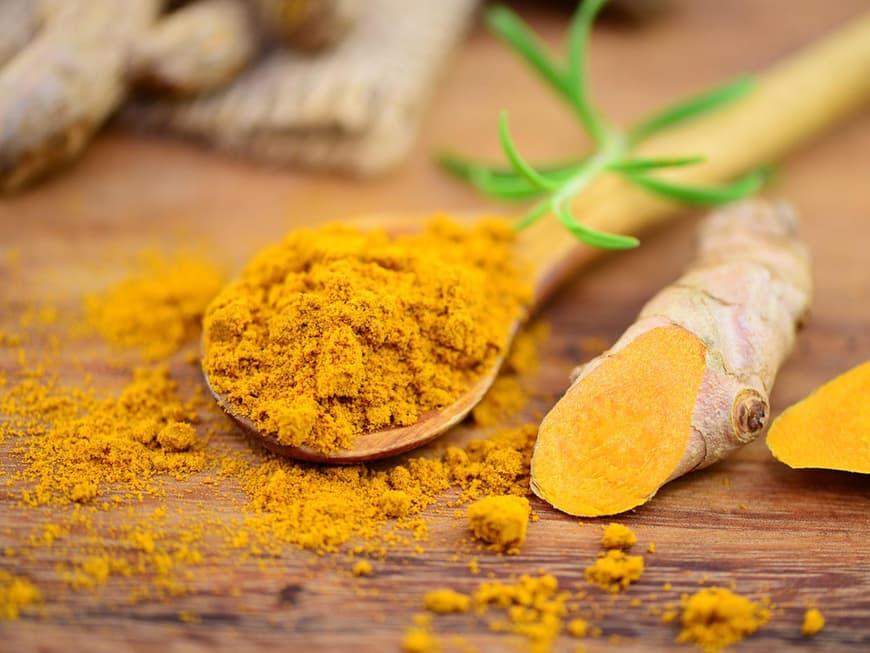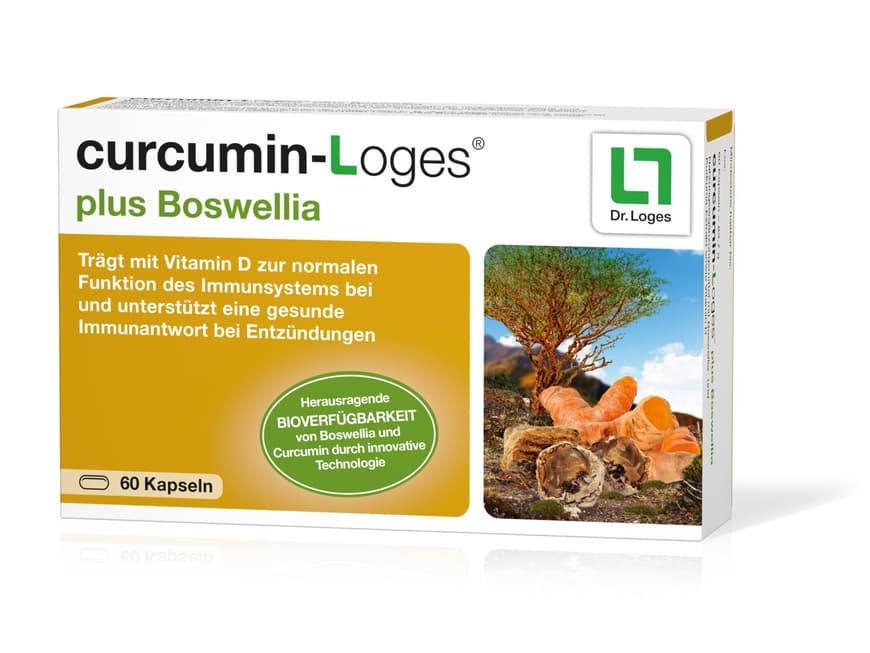Acute and chronic inflammation in the body
Acute inflammation, e.g. a cold or an abrasion, can develop into chronic inflammation. These so-called secondary chronic variants include conjunctivitis, sinusitis and bronchitis. Primary chronic inflammation, on the other hand, does not arise from acute inflammation. Examples include the autoimmune diseases rheumatoid arthritis, ulcerative colitis and Crohn's disease. "Various chronic diseases are also often accompanied by inflammation, such as activated osteoarthritis," explains Dr. Wolfram Landmann, "Symptoms here are swelling, hyperthermia and joint effusion. Activated osteoarthritis is particularly damaging to cartilage, as the breakdown of the gliding tissue accelerates osteoarthritis with each episode of inflammation."
The bad reputation of chemical anti-inflammatories
From a conventional medical perspective, the administration of anti-inflammatory agents such as NSAIDs (non-steroidal anti-inflammatory drugs) is considered standard therapy for inflammatory diseases. However, this is controversial and can have long-term side effects. The long-term use of chemical painkillers is often associated with inflammation of the stomach lining, stomach ulcers or even a gastric rupture. "A recent study analysis also suggests that common painkillers such as ibuprofen or diclofenac are suspected of increasing the risk of heart disease. Both active ingredients belong to the group of NSAIDs, which are sold over the counter in pharmacies. This gives the impression that these active ingredients are safe. But they are only safe with reservations. People with cardiovascular problems in particular should only use NSAID products after a thorough benefit/risk assessment by their doctor and, if necessary, take the painkillers in as small and short a dose as possible," says Dr. Landmann.
Support from natural substances
A very good alternative to NSAIDs is curcumin, the most important ingredient in turmeric root. "Numerous studies have proven its excellent effect in inhibiting inflammation, relieving pain and reducing morning stiffness in osteoarthritis and rheumatoid arthritis. And it is significantly better tolerated than the chemical anti-inflammatory drugs ibuprofen and diclofenac," says the expert. Typical side effects of NSAIDs such as stomach pain, loss of appetite, diarrhea or, in rare cases, even stomach ulcers or bleeding in the gastrointestinal tract do not occur. This means that those affected can significantly reduce the dose of painkillers if they take them regularly - or even replace them completely.
"In addition, the anti-inflammatory properties of curcumin have been confirmed by its inclusion in the medical guidelines for the treatment of ulcerative colitis. A combination with boswellia, as in curcumin-Loges® plus Boswellia (only available from pharmacies), is therapeutically exciting. Just like curcumin, the natural resin of frankincense trees plays a decisive role in the treatment of inflammatory conditions," says Dr. Landmann. As curcumin and boswellia are both barely soluble in water, their therapeutic benefits have been severely limited in the past. The solution here is the so-called bioidentical micelle technology. With the help of this process, both curcumin and boswellia can be optimally absorbed by the body for the first time.








